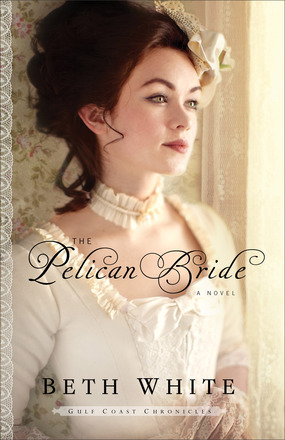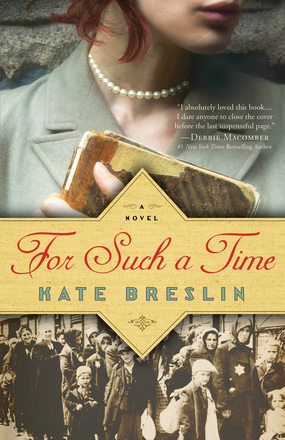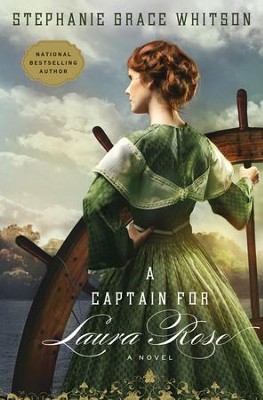 In book one of her Gulf Coast chronicles, Beth White spins a tale of Genevieve Gaillain, a mail order bride. As the serious older daughter of a Protestant French baker, Genevieve takes responsibility for her flirtatious younger sister as they sell themselves as brides to the Canadians of the Louisiane colony to escape persecution. Though given their choice of husband, the depraved men of the colony are not particularly desirable, and Tristan Lanier, the one man Genevieve might consider, is ineligible, given that he has abandoned his lieutenancy and the Fort. Relations between the French and native peoples are tenuous at best, and the British have a stake in keeping trouble between them. Can Genevieve safely harbor her secrets, and will the colony survive the turmoil and harsh climate?
In book one of her Gulf Coast chronicles, Beth White spins a tale of Genevieve Gaillain, a mail order bride. As the serious older daughter of a Protestant French baker, Genevieve takes responsibility for her flirtatious younger sister as they sell themselves as brides to the Canadians of the Louisiane colony to escape persecution. Though given their choice of husband, the depraved men of the colony are not particularly desirable, and Tristan Lanier, the one man Genevieve might consider, is ineligible, given that he has abandoned his lieutenancy and the Fort. Relations between the French and native peoples are tenuous at best, and the British have a stake in keeping trouble between them. Can Genevieve safely harbor her secrets, and will the colony survive the turmoil and harsh climate?Not being from the South, I have little knowledge of the history of the other end of the great river - but what White has detailed in her story is fascinating: the French, British, and Spanish squabbles as everyone tried to snatch their slices of America, French mail order brides known as the Pelican Brides (for the ship on which they sailed over), and the persecution of the Huguenots (French Protestants) and their influence on America. White incorporates this history masterfully, and the author's note in the end fills in extra detail for those who would love to know more.
White's depiction of the primitive conditions of the colony - a waterlogged fort sunk in a swamp where the heat, humidity, and tropical diseases preyed on the Europeans - are a stark reminder that even the Deep South was once frontier. The Pelican Brides did not arrive to be the mistresses of manicured plantations with elegant drawing rooms - they were lucky to have sound houses at all, just like any other frontier habitation. (In that regard, the gorgeous cover art is slightly misleading - I doubt white clothes stayed white long).
As a rule, the more points of view there are in a tale, the harder it is to write a tight-knit, cohesive story. White does a good job for having four points of view besides that of our hero and heroine, but I think it could have been done with a total of four viewpoints instead of six. Mainly I would have liked a little more time devoted to Genevieve and Tristan; their relationship got the short end of the stick, but it was in favor of the complexity of the politics and plot, so it is a toss up which would be the better route.
The subplot of Nika the Kaskaskian woman brings in and helps clarify some of the tribal politics, as well as providing a foil for the message of God's love; her story is every bit as intriguing as Genevieve's own. I'm glad the author was bold and wrote of a time and place that receives little attention - it is a joy to discover a new world. The plot was complex but never dull, with a few surprises along the way! I look forward to the next in the series! 4.5 out of 5 stars!
Thank you Revell for a free copy of the book for the purpose of review; I was not required to make it positive, and all opinions are my own.
Gulf Coast Chronicles
1. The Pelican Bride
2. The Creole Princess
3. The Magnolia Duchess





